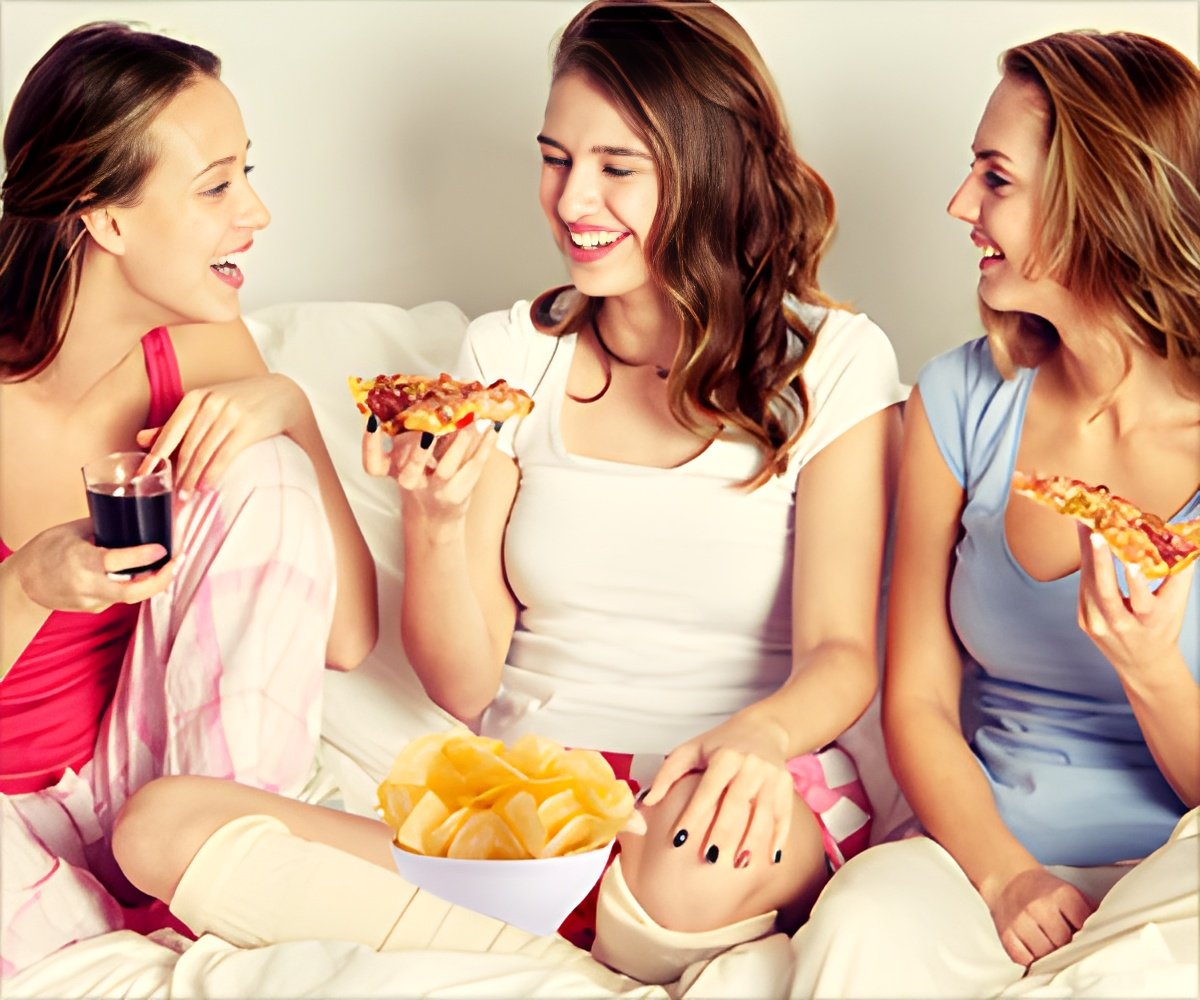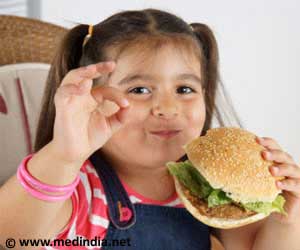Early adolescents tend to have more fatty and sugary foods because of peer influence and easy access to junk foods. However, the food choices of peers could also improve their own food selection.

‘Food choices of the remote peer had a positive effect on the participants' food choices. This effect was significantly higher among 6th graders than 5th graders.’





The findings of the study were published in the journal Child Development . According to the World Health Organization, over 340 million children and adolescents (aged 5 to 10 years old) were classified as overweight or obese in 2016. Obesity at such a young age can bring about multiple health complications, including diabetes and heart disease.
What was the base of this study?
Initially, the research team had two hypotheses in their minds:
• Early adolescents who evaluate the healthiness of food choices of remote peers will make healthier decisions irrespective of the healthiness of the remote peers' choice
Advertisement
Participants turned critics
Advertisement
During one of the mealtimes in schools, each participant was exposed to four different food trays. Healthy foods in the trays were apple, banana, pear, and water. The unhealthy foods included gummi bears, a lollipop, chips, and chocolate milk.
At the start of the study, they were informed about four food items (selected each from one tray) chose by an unknown remote peer attending a different school who was also participating in the experiment.
Then they were asked to make their own choices by selecting four food items from four different trays. The knowledge of the participants based on which they chose the healthiness of the food items was also measured.
Impact of peer choices on the food choice of participants
The observations of the study indicated that being asked to evaluate the choices of the remote peer had a positive effect on the participants' food choices. This effect was significantly higher among 6th graders than 5th graders.
Although the participants belonged to relatively affluent and educated families where the chances of giving importance to healthy eating could be high, one of the study authors named Francisco Lagos highlighted, "The findings have important public health implications: having a better understanding of how young adolescents develop, evaluate, and subsequently make food choices can help us design effective strategies to improve people's eating habits while they are young."
Source-Medindia















